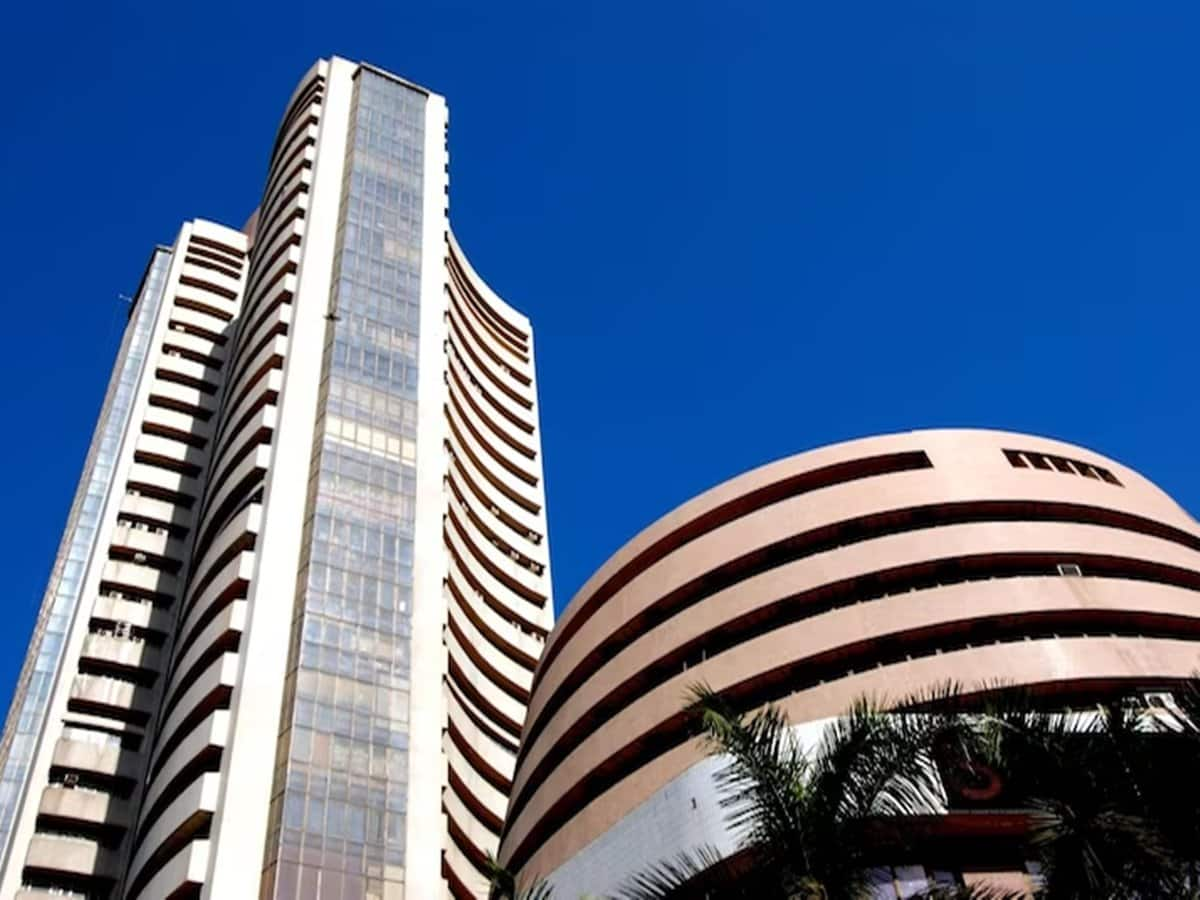The Securities and Exchange Board of India (SEBI), the market regulator, issued a circular in July emphasizing the need for a uniform fee structure across all members of market infrastructure institutions. This directive aims to enhance transparency and fairness in the financial markets. In light of this circular, the Bombay Stock Exchange (BSE) recently announced that there will be no changes in transaction charges for contracts other than Sensex and Bankex options contracts in the equity derivatives segment.
Understanding SEBI’s Circular on Fee Structures
SEBI’s initiative to establish a standardized fee structure is crucial for maintaining a level playing field among all market participants. The move is designed to eliminate discrepancies and ensure that all members, regardless of their size or trading volume, operate under the same financial conditions. This approach not only builds trust among investors but also encourages more participants to engage in trading activities.
Implications for Market Participants
The decision by BSE to maintain existing transaction charges for most contracts while excluding Sensex and Bankex options provides clarity for traders. By not altering the fee structure, BSE ensures that trading remains accessible to a wide range of investors, from institutional players to retail participants. This could potentially lead to increased trading volumes in the market as investors feel more confident in the costs they incur.
Comparative Analysis of Transaction Charges
Transaction charges can significantly impact trading strategies and overall profitability. Investors often consider transaction costs when deciding on their trading approaches. With SEBI’s focus on standardizing fees, it is expected that member institutions will adjust their pricing strategies to align with these regulations. This could foster a more competitive environment where lower costs may lead to increased trading activity and market liquidity.
The Future of Trading Fees in India
As India’s financial markets evolve, ongoing regulatory changes are likely to enhance transparency and fairness. Stakeholders are encouraged to stay informed about any upcoming adjustments to fee structures as SEBI continues to refine its policies. Furthermore, market participants should regularly evaluate their trading costs in light of these regulations to optimize their strategies and enhance their overall trading experience.
In summary, SEBI’s initiative towards a unified fee structure is a significant step in promoting fairness and transparency in India’s financial markets. With BSE’s decision to keep most transaction fees unchanged, traders can navigate the market with greater assurance and lower costs, ultimately leading to a more robust trading ecosystem.
